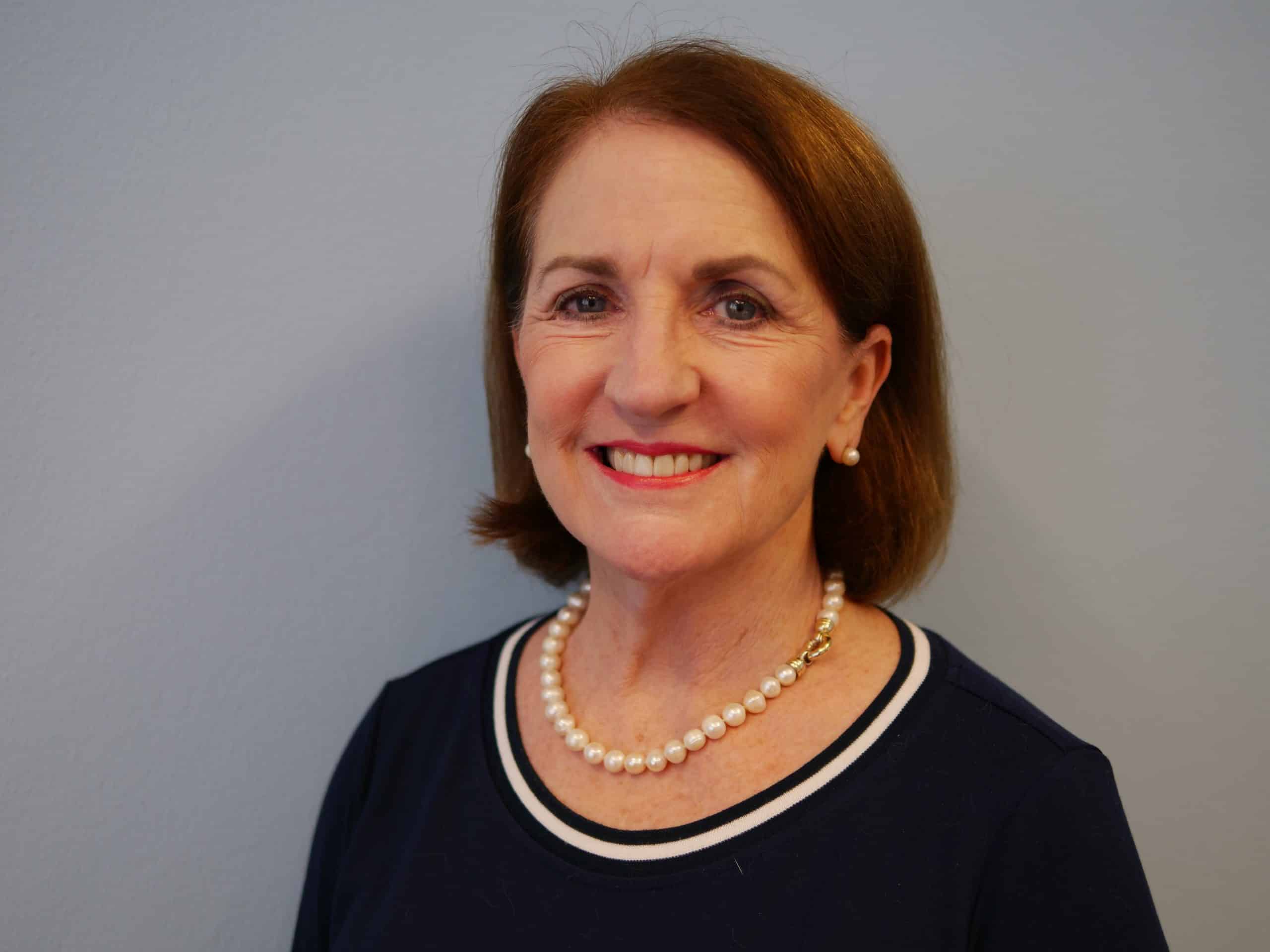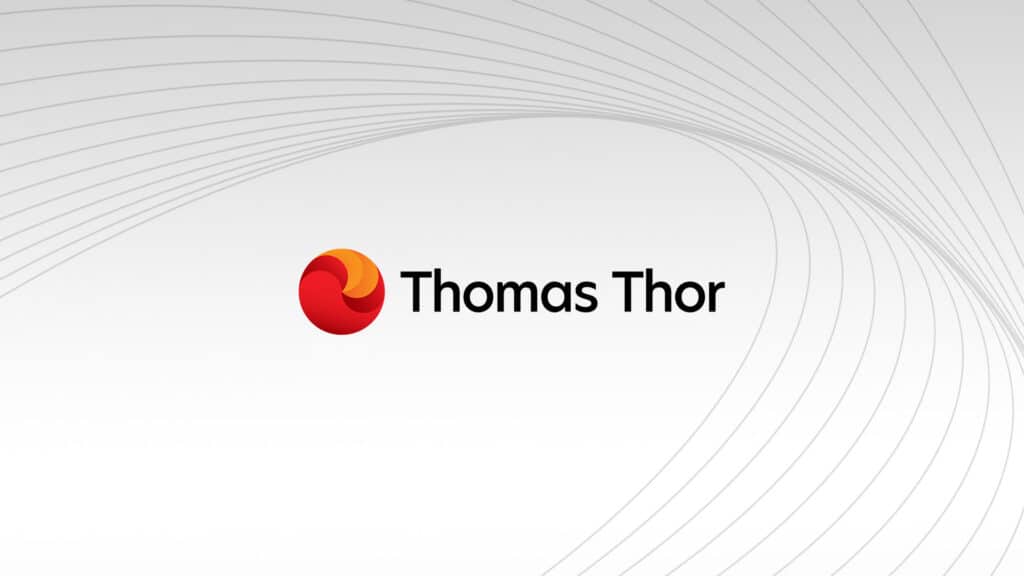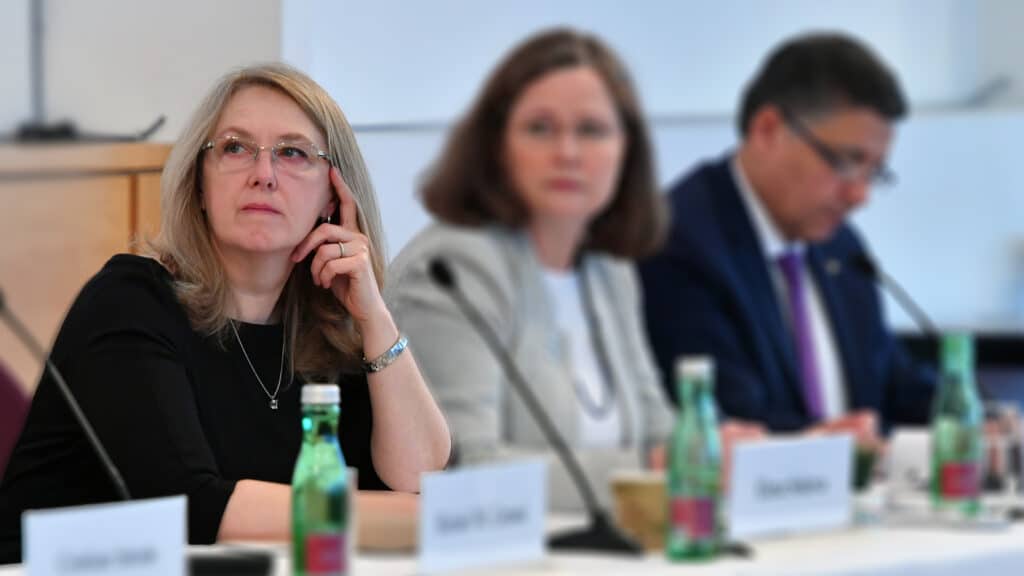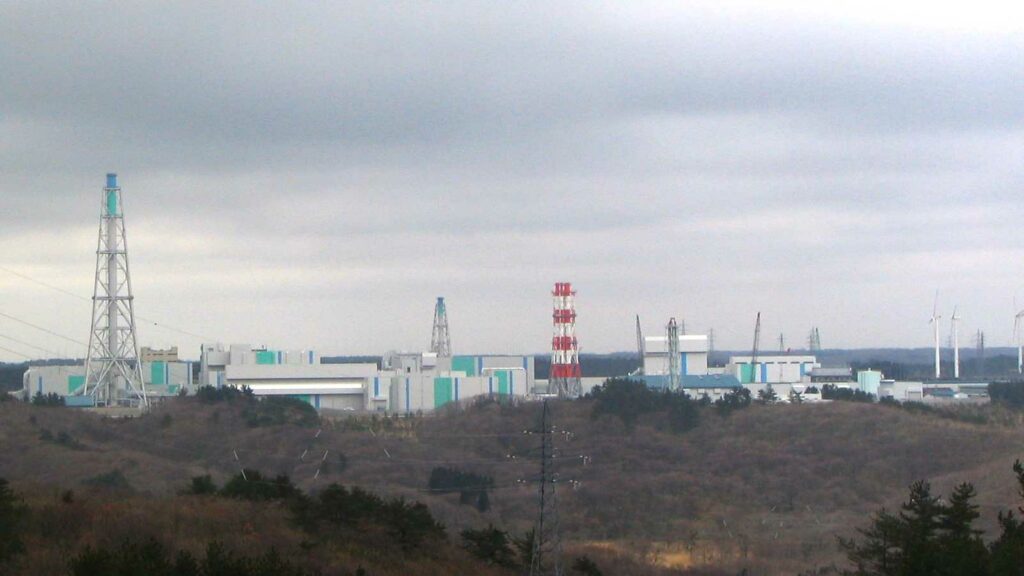Interview with Laura Rockwood

by Susan Cohen
What nuclear threats are we facing right now? How can stakeholders best use open-source information? How can its analysis keep pace with the nuclear threats worldwide in order to effectively deter escalation?
Open Nuclear Network (ONN), a Vienna-based NGO founded in 2019 by its current Director Laura Rockwood, addresses questions such as these. ONN’s goal is to reduce the risk of nuclear weapons being deployed in response to error, uncertainty or misdirection, particularly in the context of escalating conflict. ONN uses innovation, inclusion and dialogue supported by open source data. To discover the goals and activities of this remarkable organization, go to https://opennuclear.org/.
Aiming to de-escalate conflict in order to avoid nuclear war, ONN is, notably, not beholden to any intelligence community or government. Through its unbiased analysis of open-source data, it tries to level information asymmetry in order to pre-empt wrong conclusions about capabilities or intentions. Thus, ONN offers a basis for more open dialogue between all stakeholders.
Susan Cohen interviews ONN’s Director Laura Rockwood on the creation, development and current activities of the organization.
Susan Cohen: Describe the journey that led to you to undertake the establishment and leadership of ONN.
Laura Rockwood: Born and bred in the USA, I enjoyed bicoastal development — first in California at UC Berkeley and Hastings Law School in San Francisco, then in Washington DC, where I worked for the US Government for nine years. A lucky coincidence brought me to the International Atomic Energy Agency (IAEA) in Vienna, where I worked in the Office of Legal Affairs — mainly for Safeguards and the Policy-Making Organs — for 28 years. After retiring from the IAEA, I served as a resident Senior Research Fellow at Harvard University’s Kennedy School Belfer Center Managing the Atom Project. Then, between 2015 and 2019, I was Executive Director of the Vienna Center for Disarmament and Non-Proliferation (VCDNP), whence I came to ONN.
SC: How are the data ONN collects used to reduce the risk of nuclear war and to avert escalation?
LR: ONN collects and analyses relevant information from open sources. We can use the data it collects to clarify, without agenda, political and military positions for all stakeholders. Moreover, the data analysis can help to debunk disinformation used to push political policies, such as that surrounding Iraq in 2002/2003 or, currently, concerning Ukraine.
SC: Who are your users/stakeholders?
LR: Our analyses are used by decision makers within governments, the general public, and the media, which help us to reach all stakeholders. Civil society plays an important role — in educating people at all levels about the consequences of misinformation and disinformation, especially during escalating conflicts.
SC: What are the main open sources used by ONN?
LR: We use satellite imagery, news outlets in their original languages, social media (vetted) and third-party analysis by well-regarded experts and NGOs.
SC: What staff expertise is required to support ONN’s activities?
LR: ONN’s activities are so new that very few high-level experts are available. Our analysts need to be fast learners, have good analytical skills, and be able to make sense of disparate data. On the job, they expand their computer skills and learn how to analyse satellite imagery.
SC: How do the analysts process relevant data?
LR: ONN aggregates data in order to collect them efficiently. The sheer volume of daily data cannot be tracked, so the analysts need to weed out irrelevancies (i.e. discard ‘noise’), and systematize data collection. We are developing a computer-supported escalation pathway monitoring system that can capture videos, images and text. Having collected and sorted the data, the analysts then focus on the information most relevant to the project in question.
SC: Currently, what is ONN’s main project?
LR: ONN’s current project is focused on nuclear risk reduction for the Korean Peninsula. We have been examining the complex entanglement surrounding the Peninsula’s nuclear crisis and identifying possible triggers and pathways towards conflict escalation. A paper we issued in September 2020 outlines the evolving positions and commitments of the six major stakeholder countries in this conflict: China, the DPRK, Japan, the ROK, Russia and the United States. These countries each have a vested interest in the future of the Korean Peninsula. ONN aims to provide credible intermediaries with the necessary information and resources to address escalating conflict so that they can reach out to decision makers in real time to prevent nuclear exchange.
SC: Are you also analysing data related to the current war in Ukraine?
LR: ONN is not an advocacy group — we are unbiased. Since our focus is on conflict de-escalation, particularly in the context of nuclear-armed States, and as our current project is on the Korean Peninsula, we are observing possible implications of the war in Ukraine for northeast Asia. We are watching all military posturing in the area, such as Russia’s movements vis-à-vis the Kuril Islands in the territorial dispute with Japan, and lessons learned by China from Russia’s failures in Ukraine regarding its ambitions towards Taiwan.
SC: Please describe ONN’s achievements so far?
LR: Since ONN’s establishment in 2019, no nuclear weapons have been used — though I don’t think we can quite take credit for that! Our most important achievement — accomplished in just over three years and during a global lockdown — has been the establishment of ONN’s highly functional analytical team that consistently and continually publishes credible analyses of great interest — substantiated by frequent positive feedback — to the media, governments and international organizations.
Share this article
Related articles
Help us grow and achieve your potential at a values-driven business.




